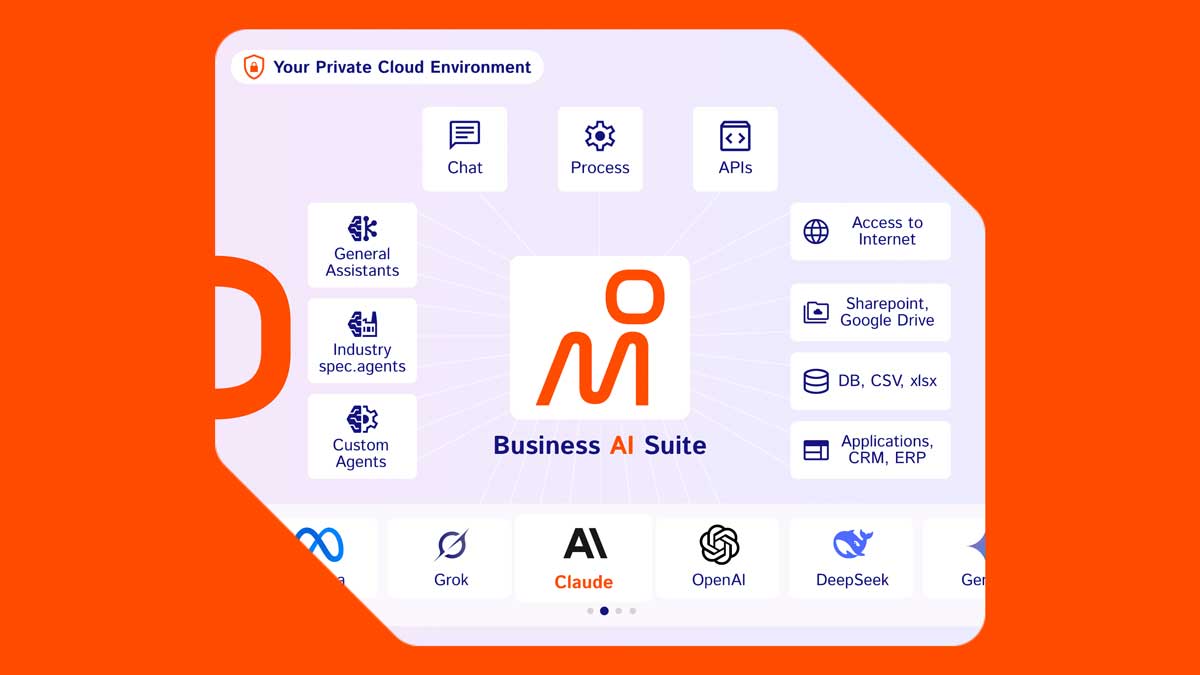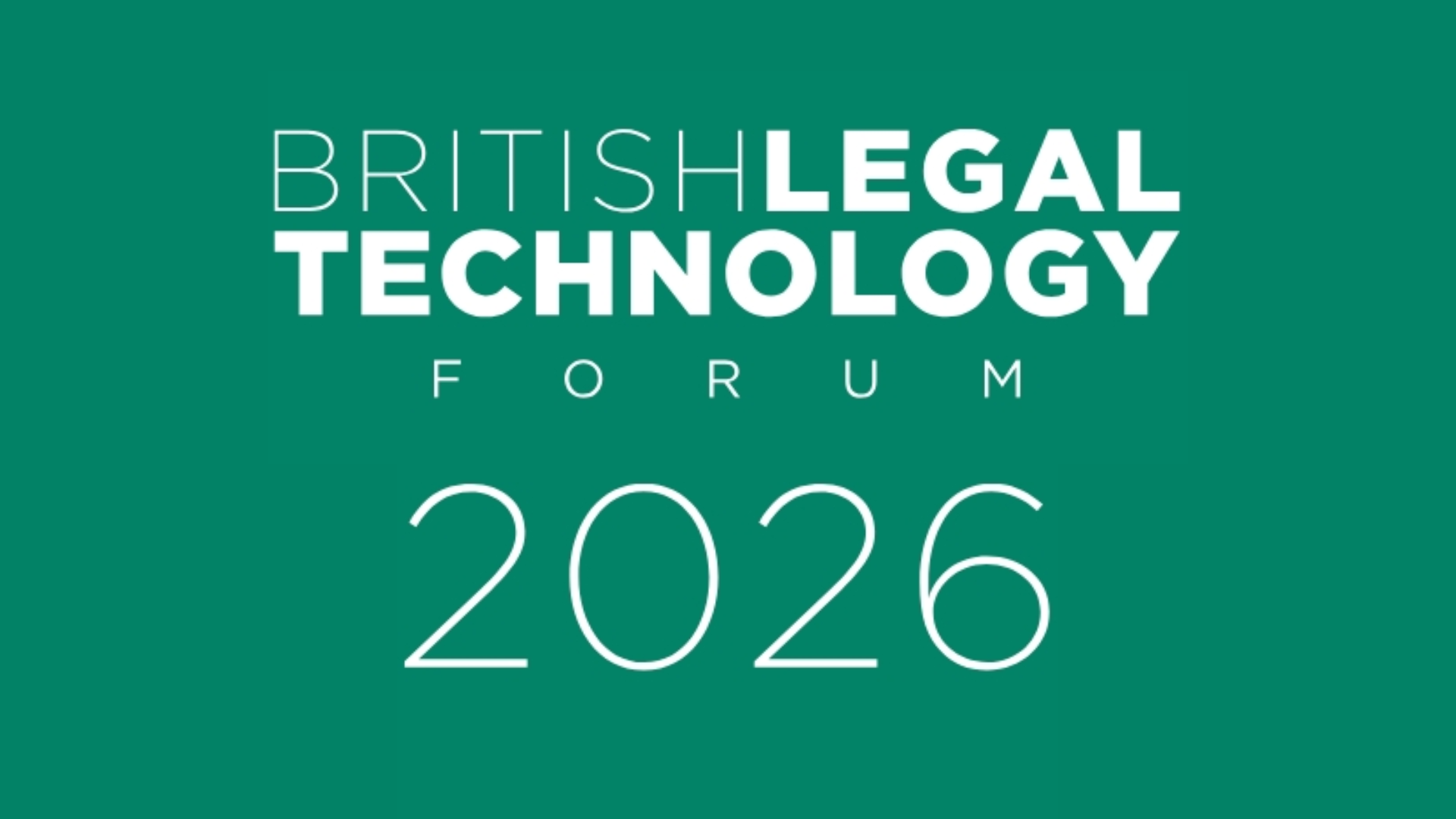In the past, marketing and sales professionals relied on instinct and manual analysis to decide where to invest their time. Today, AI platforms process large data sets, generate insights and automate repetitive tasks.
The shift gives teams time to focus on strategy instead of busywork.
Why AI Matters for Sales
Traditional forecasting uses historical performance and simple statistical models. AI forecasting improves on this by processing data from many channels like CRM systems, chat conversations and social media. These tools deliver deeper insights and give recommendations based on current data and risk profiles rather than quarterly summaries.
How We Evaluated the Tools
Our ranking considers several factors:
Forecasting accuracy, lead scoring, data enrichment, conversation intelligence and automation.
Ability to work with common CRMs and communication tools like Salesforce, HubSpot, email, Slack and Zoom.
Intuitive interfaces, coaching tools and mobile support.
Clarity around seat pricing, platform fees and scalability.
Adherence to privacy regulations and controls for data access.
The list is not exhaustive, many emerging AI tools could be valuable for niche use cases, but it highlights platforms with proven capabilities and traction among sales professionals.
Moterra: Secure AI Assistants
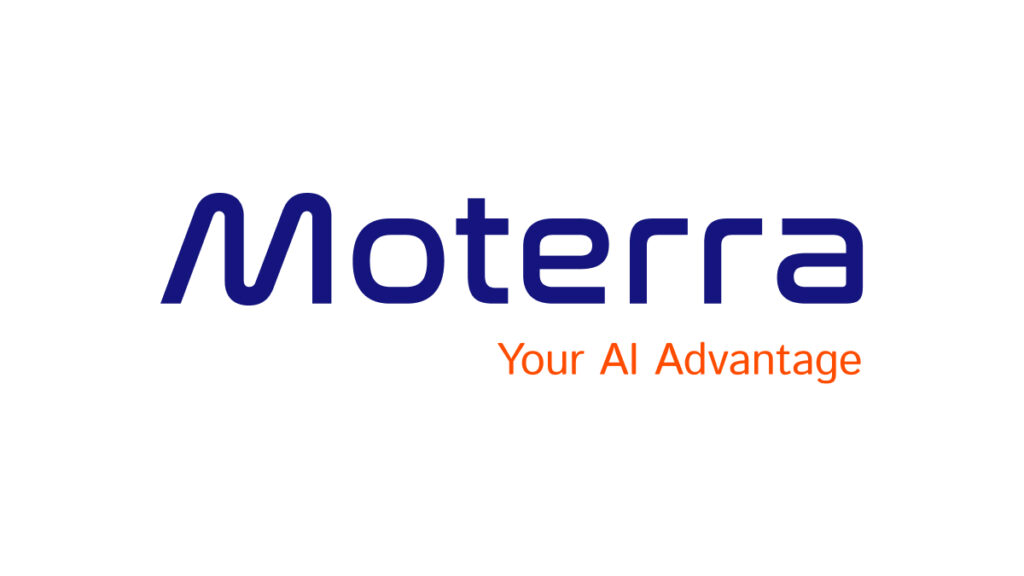
Moterra is an enterprise AI platform that focuses on security, context and control. It runs inside your own cloud and connects directly to your documents and systems. Public AI tools process data on shared servers, but Moterra keeps everything within your perimeter.
Key features:
Private, secure processing
Context‑aware answers
AI Content Writing Assistant
AI Data Analyst
AI Document Comparison
Best for
For organisations with strict data privacy requirements that want AI to work within their own infrastructure. Moterra suits teams needing secure AI tools for proposals, analytics and document review, especially in regulated industries.
ZoomInfo SalesOS: Data Enrichment
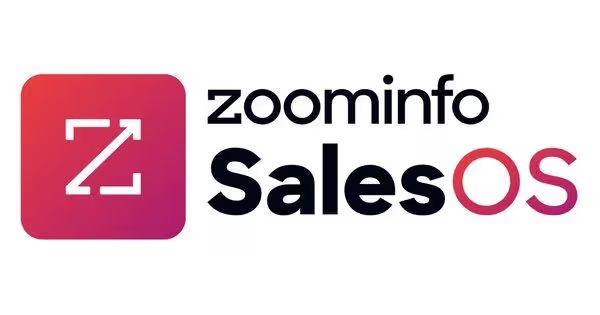
ZoomInfo’s SalesOS platform is a sales intelligence tool with a large database of company and contact data. It includes direct dials and email addresses. ZoomInfo’s intent data and predictive analytics help sales teams identify accounts researching relevant topics and prioritise outreach.
Key features
Relatively large contact and company database
Intent signals
Best for
Large or data‑driven sales teams that need reliable contact information, buyer intent data and integrated engagement capabilities. ZoomInfo is also useful for marketing teams running ABM campaigns.
Apollo.io: Lead Generation
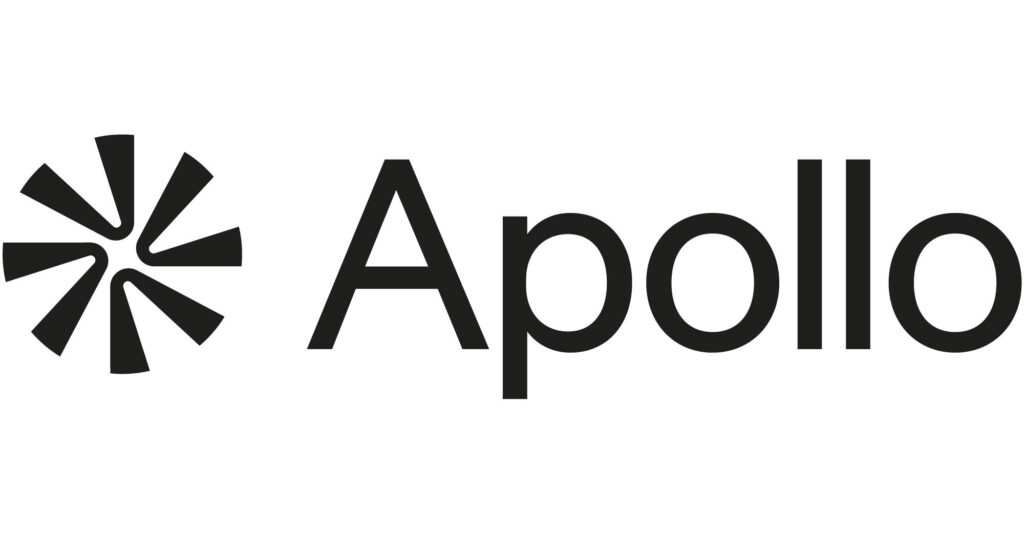
Apollo.io combines a large B2B contact database with sales automation tools. Users can search for prospects by company data, job title and technology stack, then sync contacts into their CRM. Apollo’s AI helps rank prospects, predict buying intent and automate sequences across email, phone and LinkedIn.
Key features
High quality contact database
Smart lists and intent data
Email sequencing
Dialer and LinkedIn automation
Integration and API
Best for
For start‑ups and small businesses needing a cost‑effective solution for prospecting, data enrichment and automated outreach. Apollo acts as an all‑in‑one tool for SDR teams building a pipeline quickly.
HubSpot Sales Hub: All‑In‑One CRM
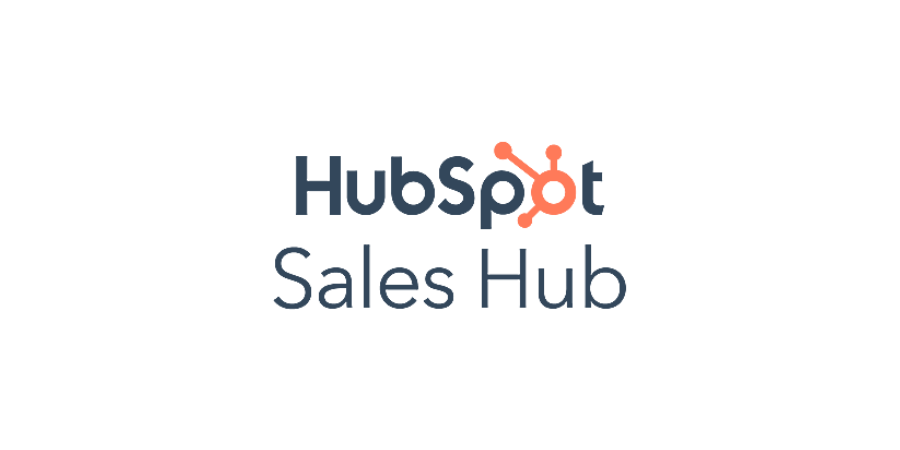
HubSpot Sales Hub is an easy‑to‑use platform that combines CRM, sales engagement and analytics.
Conversation intelligence records and transcribes calls and extracts key moments.
Key features
Predictive lead scoring
Sequences and email automation
Conversation intelligence
Chatbots and live chat
Best for
Small and midsize businesses seeking an all‑in‑one platform that combines CRM, marketing automation and AI‑assisted sales features. HubSpot’s intuitive interface makes it ideal for teams without dedicated IT resources.
Salesloft (formerly Drift): Conversational AI
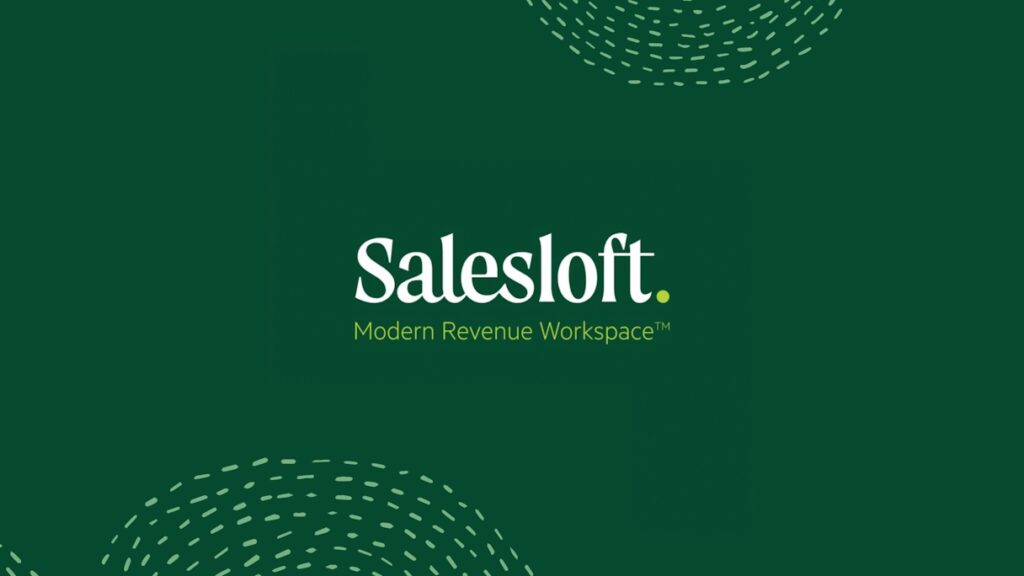
Salesloft is known for its conversational marketing platform. It uses AI‑powered chatbots to engage website visitors, answer questions and qualify leads.
Key features
Chatbots and live chat
Personalised playbooks
Best for
Companies with significant inbound traffic that want to convert website visitors into qualified leads using conversational AI.
Recommendations and Best Practices

AI is changing how sales teams plan, forecast, engage and close deals. It automates repetitive tasks, provides insights and helps teams focus on what matters. When choosing an AI sales tool, consider these guidelines:
Define your sales goals and pain points before investing. AI tools deliver the most value when they target specific objectives like improving forecast accuracy, automating outreach or enriching data.
AI depends on clean data. Gather and consolidate CRM, marketing and web analytics data before deploying. Dirty or outdated data reduces prediction quality.
Training and change management are critical. If reps and managers do not trust AI recommendations, the tool will not deliver value. Choose platforms with simple interfaces and strong support.
Make sure the tool integrates with your existing tech stack and can grow with you. Test APIs and connectors during a pilot.
Confirm that the vendor meets regulatory requirements and provides control over data access.
